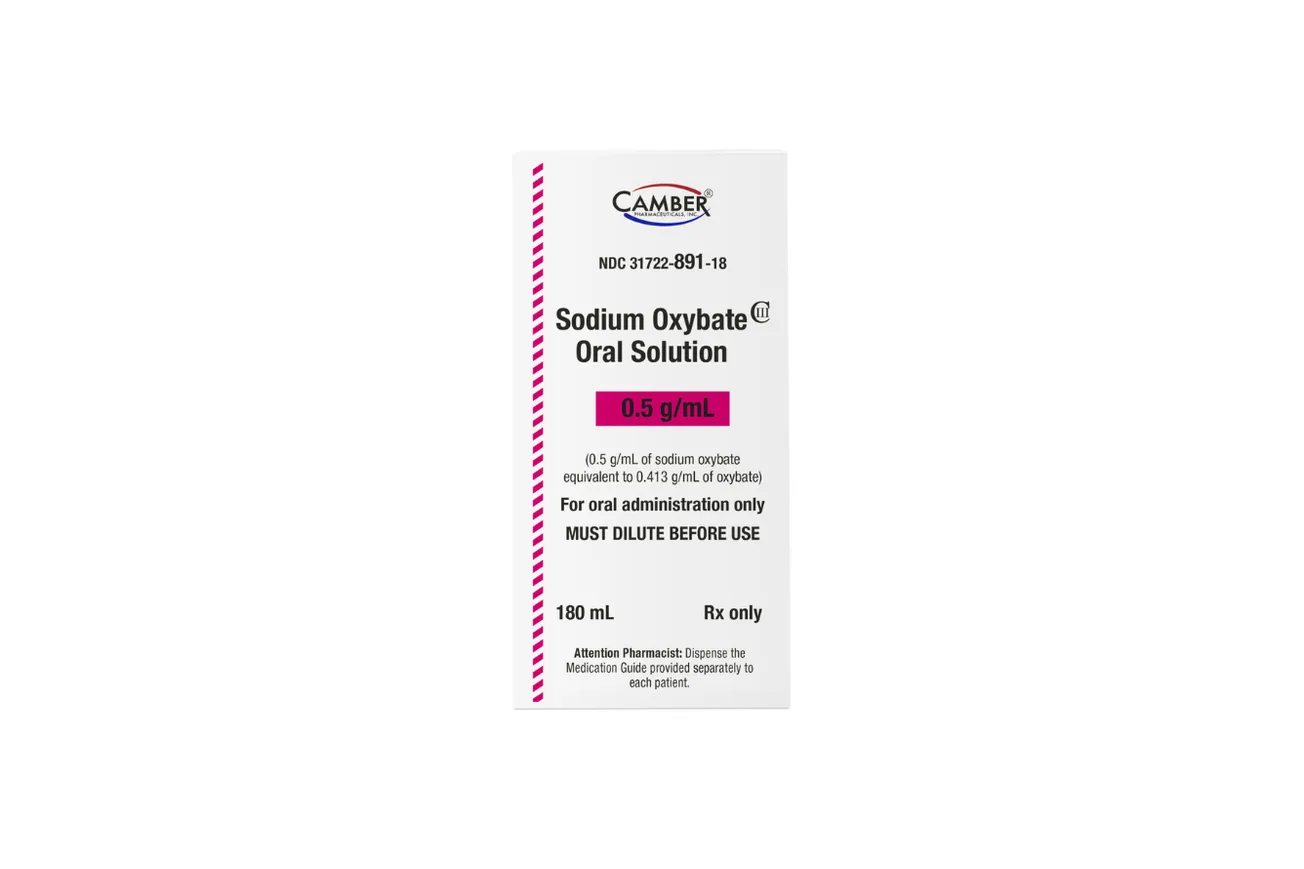WOONSOCKET, R.I. — Millions of patients using GLP-1 drugs for weight loss could see costs skyrocket as CVS Caremark, one of the largest pharmacy benefit managers in the U.S., stops covering Eli Lilly’s Zepbound for weight management starting this week.
Zepbound, approved by the FDA in November 2023, has been widely used to treat obesity and overweight adults. CVS Caremark will instead continue coverage for Wegovy, a competing GLP-1 drug from Novo Nordisk, citing concerns about cost.
“This change is happening because there’s another covered medication that’s safe and effective for your condition and may cost less,” CVS Caremark said in a letter to patients. “Please keep in mind, if you refill your current medication on or after 7/1/2025, you’ll need to pay the full cost.”
The move affects CVS Caremark’s largest formulary, which covers 25-30 million people. Patients who wish to continue using Zepbound must now pay the full cost out-of-pocket unless they secure an exception through an appeals process.
Doctors and patient advocates warn the abrupt change could disrupt care for many managing obesity as a chronic disease. “It’s very stressful for patients who have been doing really well, who are having good tolerance and feel like they have hit their stride in terms of medication, nutrition and exercise. Everything is heading in the right direction, and then having to switch can be very disruptive,” said Dr. Jody Dushay, an endocrinologist at Beth Israel Deaconess Medical Center, speaking to CNN.
Eli Lilly has announced it will expand access through its LillyDirect platform, offering Zepbound to patients paying out-of-pocket for $499 per month for single-dose vials.
Patients and providers emphasize that GLP-1 drugs are not interchangeable, with differences in tolerability, effectiveness, and side effects. For many patients, the insurance change may force them to restart a long trial-and-error process to find an alternative treatment that works.
The decision comes as pharmacy benefit managers face scrutiny for their role in high drug prices and as insurers increasingly reassess coverage for GLP-1 amid rising demand. BCBS Massachusetts is also planning to exclude GLP-1s for obesity treatment, starting in January, and will reserve coverage only for patients with type 2 diabetes.
As insurers push for lower prices, patients managing chronic obesity face uncertainty over continued access to medications that have often taken years to find and stabilize.








